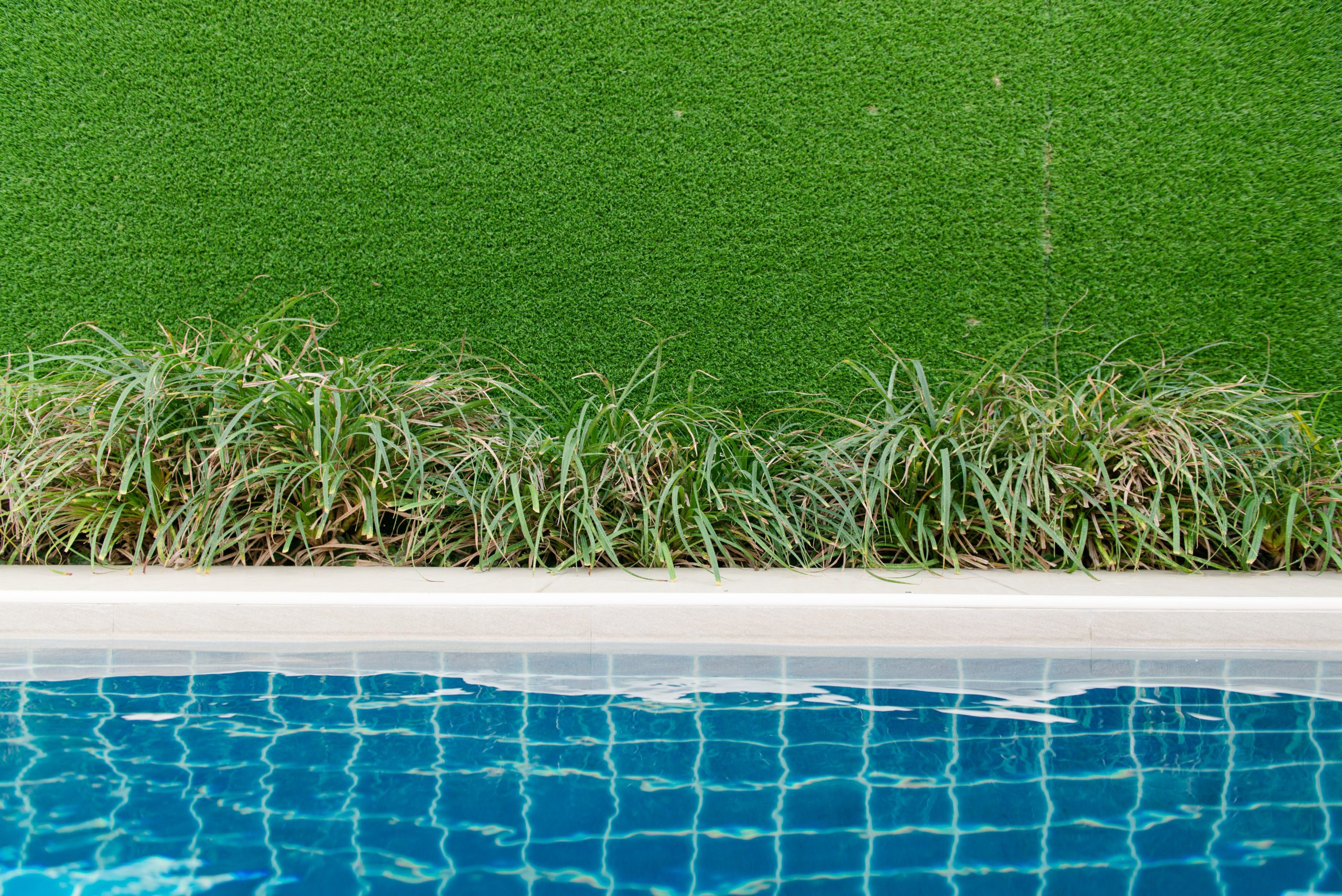
This article discusses the benefits and drawbacks of using pool chemicals. It recommends testing pool water regularly and using a chlorine level that is appropriate for the size of the pool and the number of people using it. – Chemicals are essential to cleaning your pool and keeping it sanitary. Checking chlorine levels regularly helps prevent the buildup of bacteria, algae, and other contaminants that can make your pool smell bad. If the chlorine level is low, you should apply liquid chlorine to your pool. This will help keep it clean and free of unwanted smells. Additionally, when you are doing fall pool cleaning duties, be sure to add more chlorine if needed. Not only can having too little chlorine in your water affect its clarity and safety, but it can also affect your health if not maintained at the correct amount.
It’s important to test your pool’s chemical levels, including chlorine and pH levels, several times a year. The amount of chlorine you need to use depends on the number of people swimming in the pool, and the amount of rain, heat, and humidity that affect the water. If you see that your pool needs to have its chlorine replaced or increased, it’s important to do so to keep your water safe for swimming.
A good idea to keep your pool clean is to use chemical sanitizers. Chemical sanitizers help to sanitize the water, killing any bacteria that may have built up in the water. These chemicals can also be used in a filtration system, but they will require additional chemicals to be added to get a proper balance. In addition, you might want to use UV light or salt chemicals as an extra layer of sanitization. To shock your pool and get rid of any bad bacteria or algae, it’s also necessary to add shock chemicals every few weeks. Other options for keeping your pool clean include using an ionizer or chlorine system for a more long-term solution.
While chlorine is the most popular pool sanitizer, it is important to use the right pool chemicals to ensure your pool is clean and healthy. You should also look into other sanitation methods such as ozonation, UV lights, algaecides, and bromine. If you don’t have time or don’t want to vacuum your pool yourself, you can hire a professional vacuum pool technician. Additionally, make sure that you clean your filters regularly and check the chemical levels in your pool water
However, if you want to do it yourself, then you should consider buying pool supplies from your local pool store. A water test kit will be essential in determining the levels of chlorine and pH balance of the pool water. If you have a digital pool, then you should also bring a water sample to your local pool store so they can use a digital water test to check its pH levels. Liquid reagents can also be used for testing hot tubs and pools to keep them in pristine condition. Test strips are also available for measuring chlorine levels in hot tubs and swimming pools. In conclusion, using chemicals is an important part of keeping your pool clean but it is always advisable to consult with your local pool store first before purchasing any chemicals or equipment for your swimming pools or hot tubs.
This will help you make sure that you are using the right products and that your pool is receiving the maximum benefit from them. Additionally, regular maintenance of your pool such as checking water temperature and pump amount, as well as changing filter systems every few months, can help maximize your pool experience and save your pool from potential damage. By testing the water regularly with a test kit and keeping an eye on the pH level, which indicates chlorine requirements, you can also save money in the long run by not having to purchase more chemicals than necessary.

Handling pool chemicals can be dangerous and should be done with caution. It is very important to use the right amount of chemicals when cleaning your pool. Using too many chemicals can injure the pool, sting swimmers’ eyes, and cause skin rashes. Additionally, it is important to regularly monitor your pool’s pH level as this will help you change the pH levels in the water if necessary..
Keeping pool chemicals balanced is an important part of pool maintenance. If the levels are too low, bacteria can grow and if they are too high, swimmers can become ill. It is also important to check your pet’s health as they may be swimming in the same pool water as humans and could be affected by certain chemicals like chlorine. When adding pool chemicals it is important to mix them well before adding them to the water or else they could react with one another and cause a dangerous reaction. Pool chemicals help remove toxic particles from the water, making it safer for swimmers. Spas, water playgrounds, venue pools, and hot tubs all use chemicals like chlorine or bromine to prevent outbreaks of germs that can affect swimmers’ health.
It is important to use chemicals to clean your pool water and help other pool chemicals work more efficiently. Using chemicals will help improve the water quality of your swimming pool water and maintain proper pH control. Keeping your pool water clean is only possible with the use of chlorine, which kills germs, bacteria, and algae that could lead to infections. The chlorine level keeps in check the growth of germs and bacteria in the process of keeping your swimming pools free from disease-causing microbes. It is important to keep chlorine levels at an optimum level for keeping the water clean and stop corrosion from occurring on swimming pool surfaces. Regularly checking the chlorine level is essential for keeping pools safe for swimmers by preventing germ growth.




